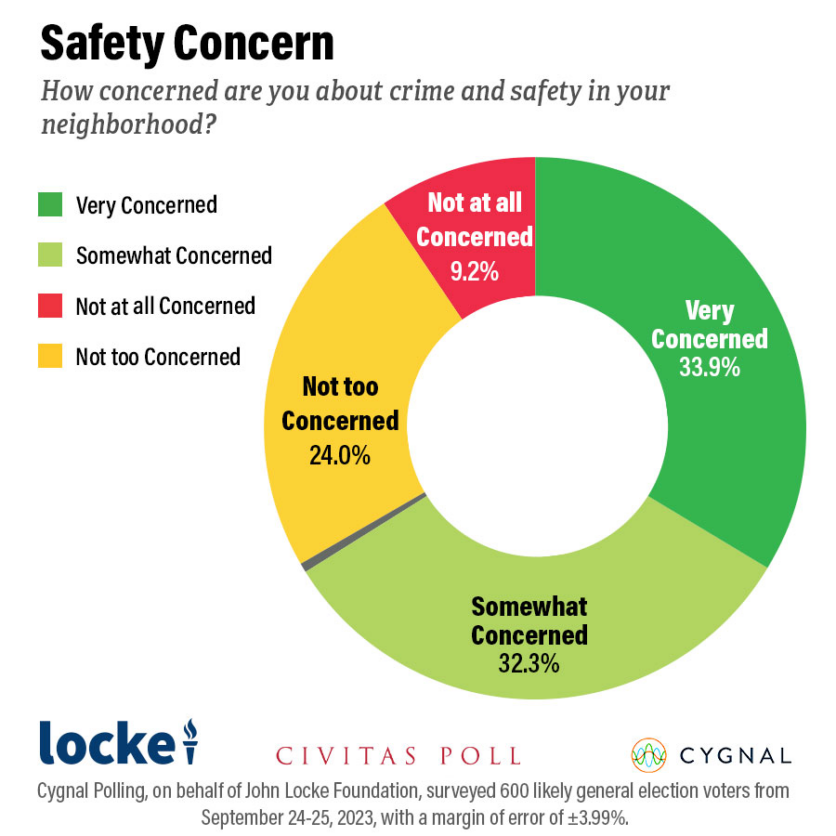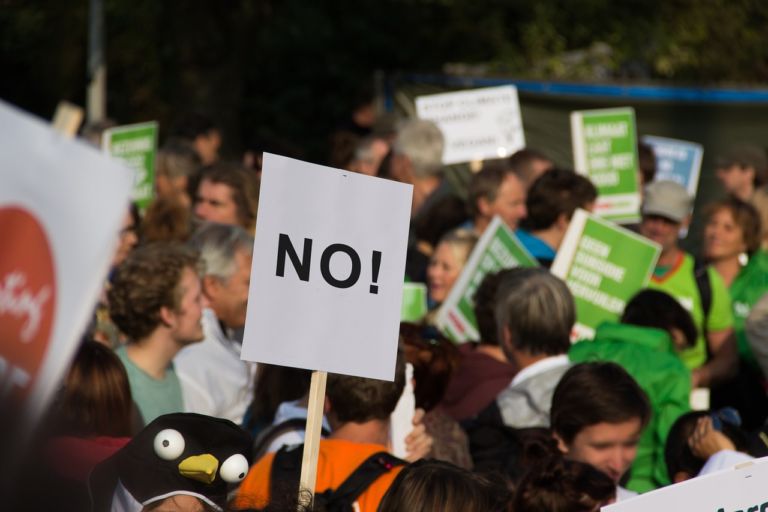In recent days, our world has faced profound violence, stark division, palpable fear, and raw hatred as the war between Hamas and Israel enters its second week.
Even tuning into the news, scrolling through social media, or listening to a podcast has become challenging for me. This overwhelming violence’s pervasive narratives and visuals are becoming ubiquitous and deeply distressing.
As a result of this growing antagonism toward peace and pluralism, we’ve seen an uptick in hate crimes across the globe, across the United States, and right here in North Carolina.
Last week, pro-Palestine and pro-Israel groups clashed on the campus of UNC-Chapel Hill, leading to anger, shouting, and even some physical confrontations.
In another instance, a crowd of pro-Israel citizens rallied in downtown Raleigh; people under the age of twenty were asked not to attend out of concern for their safety.
Friend, the sad reality is that crime of any kind knows no borders. It happens everywhere, and North Carolinians are undoubtedly concerned.
In a recent Civitas Poll, The John Locke Foundation highlights an escalating concern among North Carolinians about crime in major urban centers like Charlotte and Raleigh and smaller cities such as Asheboro and Wilmington.
The results showed that two-thirds of North Carolinians (66%) are concerned about neighborhood crime and safety.

Voters were also surveyed on the primary crime concerns, showing that drug-related offenses emerged as the predominant issue for voters, followed by property and violent crimes.
Despite prevailing trends, a majority of North Carolinians remain supportive of local law enforcement. Fifty-seven percent rate police performance as “excellent” or “good,” whereas 24% deem it “fair,” with only 10% labeling it as “poor.”
Here at Locke, we have long advocated for a strong approach to combatting crime by focusing on deterrence rather than punishment through a program of intense community policing.
In the wake of the widespread “Defund the Police” movement after George Floyd’s death, Locke released a comprehensive research paper emphasizing the need for robust community policing.
In response to our September poll findings showing the increased concern revolving around crime, Donald Bryson, Locke’s CEO, said:
“As North Carolina continues to experience a population and investment boom, municipalities will have both the opportunity and challenge of ensuring that public safety investment is prioritized,” said Locke CEO Donald Bryson. We’ve seen the decline in states with cities like San Francisco and Chicago, where crime goes unpunished. State and local leaders must proactively ensure our state remains safe and trusted as a good place to do business and raise a family.”
Years of research show that having a strong police presence deters crime and helps maintain public safety.
Though a significant undertaking, the answer to how to get tough on crime starts with more police, not less, and it starts with state, local, and national leaders stepping up and prioritizing public safety.
It’s clear that the rule of law and police forces committed to protecting the public are essential if people are going to feel safe in their communities.


